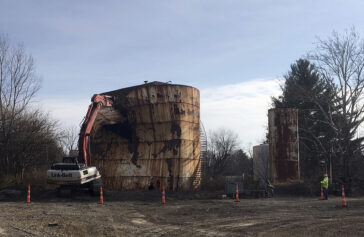Oct. 06, 2017
Best of the Week — First Winner
AP photo team produces unparalleled coverage of Catalonia referendum
The days leading up to Catalonia’s independence referendum pointed toward trouble on the day of the vote. The autonomous region in northeast Spain was pushing ahead with the election despite the country’s constitutional court ordering it to be stopped. In the weeks leading up to the vote, thousands took to the streets, demonstrating for and against independence. The election, set for Oct. 1, was sure to be a defining moment for the region and the country.
It also posed a challenge to those planning AP’s visual report: How best to capture the expected chaos? How to navigate its major city, Barcelona, which would be flooded with demonstrators and police? How to get photographers and video journalists in the right positions, knowing they might be stuck there for hours?
These decisions fell to Emilio Morenatti, AP’s chief photographer for Spain and Portugal. A longtime Barcelona resident, he anticipated those obstacles as he deployed AP’s staff and freelance photographers.
The result was some 200 photographs that captured the violence and passion of a remarkable moment in Spanish history. For planning creatively, making smart in-the-moment decisions and risking personal safety, Morenatti and his team of photographers win this week’s Beat of the Week.







